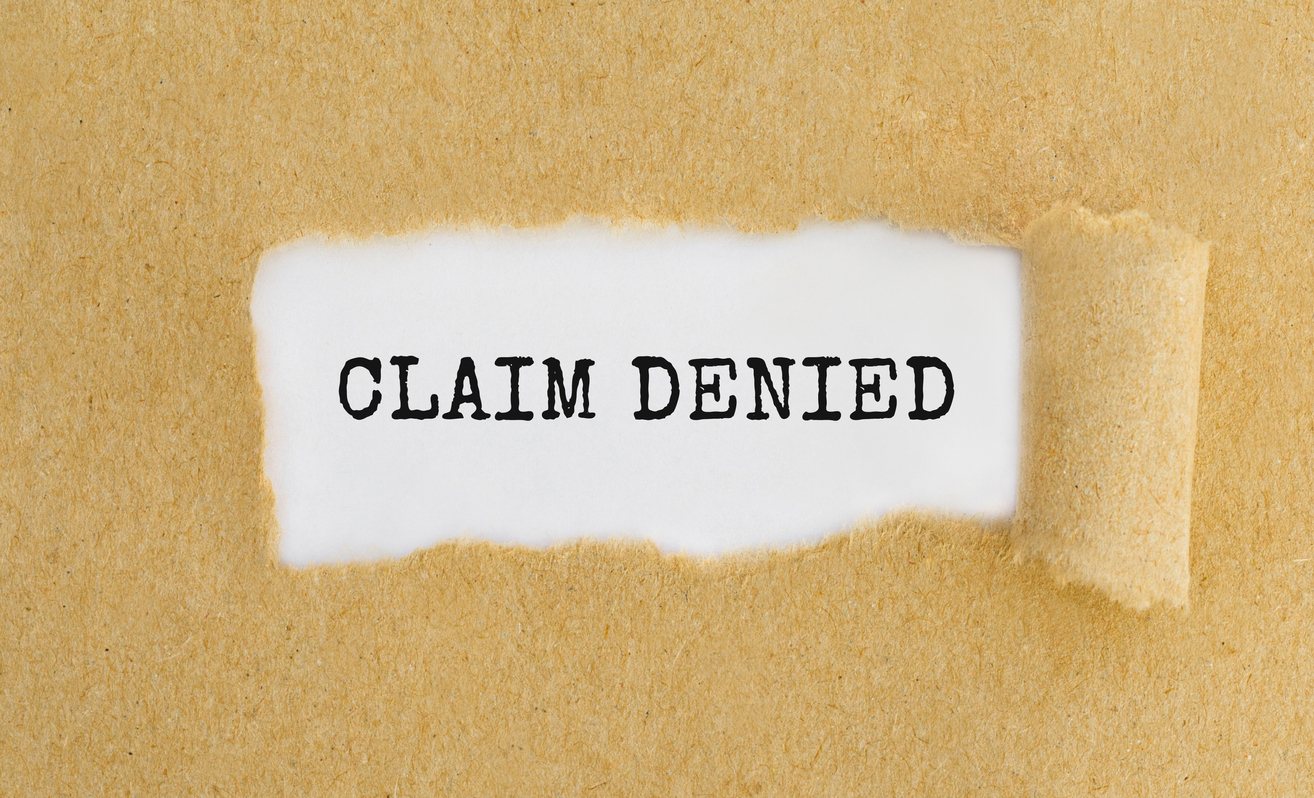The U.S. Virgin Islands holds a special place in my family’s heart. Nothing makes my wife Ashley and I happier than a sail full of trade winds carrying us to the next secluded cove or rowdy beach bar. While most of the national media focused on Hurricane Irma’s trek toward Florida, it is now clear that St. Thomas and St. John took the brunt of the storm while still a Category 5.
The pictures and videos coming out of our sister islands to the southeast are heart-wrenching. Islands of St. Thomas and St. John are devastated. Homes are destroyed, businesses are significantly damaged if they still exist at all, and food and fresh water are in short supply. To make matters worse, stories of looting and violence are becoming more widespread in what was considered paradise a little over a week ago. Rebuilding will take years, but as Governor Kenneth Mapp said, it will be done.
According to Bloomberg News, one major setback will be that residents are torn between what it calls “fight or flight.” Although the U.S. government has arrived and is working to restore vital services to the islands, many people are fleeing to Puerto Rico and the mainland. Some question whether they will ever return. With an economy heavily reliant on tourism, it is easy to understand why. Without operational hotels, marinas, restaurants, and other businesses, tourism will be slow (if not non-existent) for the foreseeable future. Workers who have spent their career in the tourism industry have lost everything and now their job prospects are tied to a business that may never re-open.
Thankfully, many businesses on the islands have business interruption coverage that should help alleviate some of these problems. While the re-building process will undoubtedly be slow, business interruption coverage should provide coverage for the lost income suffered by businesses damaged or destroyed by the storm, and keep the owners afloat while the rebuilding process occurs.
Aside from assessing the property damage caused by the high winds and storm surge, businesses should immediately look to see what coverages their policies afford for loss of income. If coverage is included in the policy, this could mean the difference in keeping businesses going during the down time and ultimately help keep people from fleeing north to find other opportunities.



